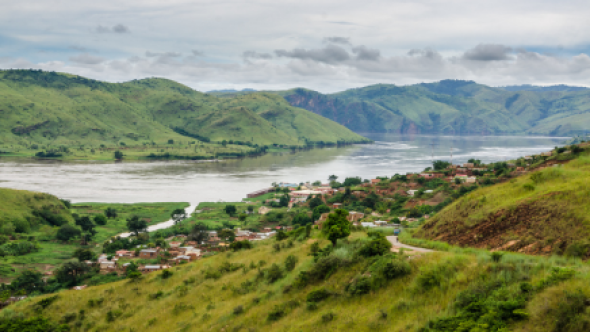For over 40 years, UNamur has collaborated with ISP Bukavu in the field of biology. In 2009, these inter-university exchanges were extended to the History Department, with the involvement of Professor Isabelle Parmentier.
"It was at the request of the then Director General of ISP, Mr. Boniface Kaningini, that I first went to Bukavu on a teaching mission as a visiting professor. Subsequently, I supervised the doctoral thesis of a particularly brilliant colleague, Jacques Usungo, and we continued our collaboration". His assignments ranged from methodology courses (quantitative methods, documentary research methods) to general courses such as historiography or history-related social sciences. During his time in Belgium, Jacques Usungo gave presentations as part of the interdisciplinary course "Introduction historique aux principales civilisations extra-européennes" (Historical introduction to the main extra-European civilizations), part Sub-Saharan Africa, led by Ms Anne Cornet, as well as the FUCID midis.
In terms of research, the focus is on environmental history. In particular, Isabelle Parmentier has collaborated on an ARES-CCD project combining history, environment and didactics. The aim was to create tools for teaching environmental history and raising awareness of ecological issues, and to produce doctoral theses on the subject.
Objectives of these exchanges? To train high-level scientists and put them in a position to train local students and researchers in history, as there is a shortage of PhDs. It is also a question of multiplying scientific exchanges, beneficial to all, both in the South and in the North. "Thanks to this collaboration, doctoral students have been able to rub shoulders with Congolese researchers who have come to the department. This enabled them to broaden their horizons, to better understand the specificities of field research and its difficulties in the Congo in the field of history, and in particular environmental history, which is little known in Central Africa. Beyond that, it's also an opportunity to raise awareness of North-South issues," concludes Isabelle Parmentier.

